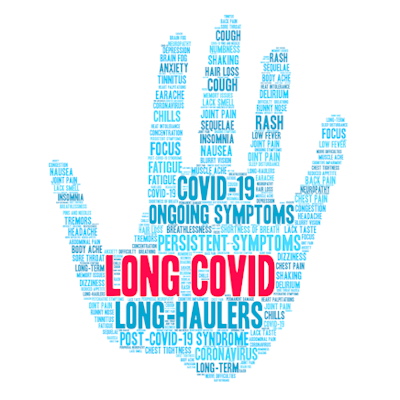 Personalized bile duct cancer treatment improves prognosis
Personalized bile duct cancer treatment improves prognosis
University College London (UCL) researchers and others involved in an international multicenter trial found that a new personalized cancer treatment can significantly improve prognoses for certain bile duct cancer patients. The results of the Phase II open label clinical trial, published January 19 in the New England Journal of Medicine, found that patients otherwise facing end-of-life care survived for up to two years when treated with the drug futibatinib. Read More
 Newborn screening for neuromuscular disorder leads to improved outcomes in Australian study
Newborn screening for neuromuscular disorder leads to improved outcomes in Australian study
Newborn screening for spinal muscular atrophy (SMA) improves outcomes by enabling timely access to disease-modifying therapy, a prospective study published in the Lancet Child & Adolescent Health found. Read More
 New clues to causes of macular degeneration
New clues to causes of macular degeneration
Tel Aviv University researchers have discovered new clues to the causes of adult-onset macular degeneration (AMD). By combining a map of gene regulatory sites with disease-associated loci, they uncovered new genetic AMD risk factors. The study, published January 17 in the journal PLOS Biology, may advance the understanding of AMD, a leading cause of blindness in adults. Read More
 T-cell therapy fights viral infections following stem cell transplants
T-cell therapy fights viral infections following stem cell transplants
Baylor College of Medicine and Washington University School of Medicine researchers studied posoleucel, an investigational off-the-shelf T-cell therapy that simultaneously targets six different viruses. The results, published January 11 in the journal Clinical Cancer Research, showed promising antiviral efficacy and safety in a phase II clinical trial of patients who had undergone stem cell transplantation to treat blood diseases including cancer. Read More
 Artificial pancreas doubles time in target blood glucose range in small type 2 diabetes clinical trial
Artificial pancreas doubles time in target blood glucose range in small type 2 diabetes clinical trial
Patients with type 2 diabetes spent twice as much time in their target blood glucose range when using an artificial pancreas compared to standard therapy in a small clinical trial. Read More
 Study finds most long COVID symptoms resolve within one year of infection
Study finds most long COVID symptoms resolve within one year of infection
Most people who suffer mild cases of COVID-19 recover from all symptoms within one year of infection, according to an analysis of electronic health records in Israel. Read More
 After Illumina presentation highlighting Grail potential comes a possible EU fine
After Illumina presentation highlighting Grail potential comes a possible EU fine
Illumina may be fined 10% of its annual revenues for completing the takeover of Grail in 2021 without European Union antitrust approval. Read More
 Biomarkers reveal Alzheimer’s years before symptoms show
Biomarkers reveal Alzheimer’s years before symptoms show
Karolinska Institutet researchers and their colleagues found that a protein called GFAP is a possible biomarker for very early stages of an inherited form of Alzheimer’s disease. The study, published January 11 in the journal Brain, could potentially lead to earlier detection of this serious disease. Read More
 Foundation Medicine and Natera launch tumor DNA monitoring assay
Foundation Medicine and Natera launch tumor DNA monitoring assay
Foundation Medicine and Natera this week announced the launch of an early access program for the investigational and clinical use of FoundationOne Tracker, a personalized circulating tumor DNA (ctDNA) monitoring assay. Read More
 Protein makes melanoma more aggressive
Protein makes melanoma more aggressive
Queen Mary University of London, King’s College London, and Francis Crick Institute Research scientists have identified a protein that makes melanoma more aggressive. The study, published January 9 in the journal Nature Cell Biology, contributes to the understanding of melanoma progression, and may facilitate new ways to target melanoma, the most serious form of skin cancer. Read More
Conferences
Science Briefs
Member Rewards
Earn points for contributing to market research. Redeem your points for merchandise, travel, or even to help your favorite charity.
Research Topics
Interact with an engaged, global community of your peers who come together to discuss their work and opportunities.
Connect
Tweets by @ScienceBoard






